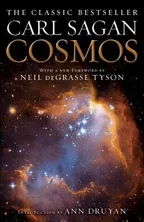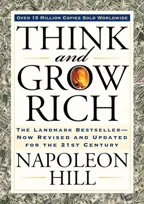A scientist and former evangelical argues that holding on to a belief in
a literal, historical Adam has forced many Christians to reject science
and become intellectually isolated from the modern world.
Beginning in the 17th century, discoveries in anthropology, geology,
paleontology, biblical studies, and linguistics cast doubt on the
familiar account of the biblical Adam and his fall into sin, the central
component in the West's understanding of its origins. Christians
responded by creatively reconstructing the creation story, letting Adam
"evolve" to accommodate his changing context. But further advances both
in science and biblical studies eventually made it all but impossible to
reconcile a first couple with a modern, scientific understanding of the
past or with an informed reading of ancient biblical texts. Many
Christians rejected the offensive scholarship, veering onto a path that
would place them increasingly at odds with contemporary scholarship in
many fields.
In Saving the Original Sinner, Giberson tells the story of the
evolution of the idea of Adam. He explores how, over the centuries, we
have created Adam in our own image to explain and justify our behavior.
Giberson shows how the narrative of the fall has influenced Western
ideas about sexuality, gender, and race. He argues that ongoing attempts
to preserve the biblical story of creation in the face of mounting
evidence to the contrary is contributing to the intellectual isolation
of many Christians, particularly evangelicals - even as they continue to
wield significant political power in the United States.













